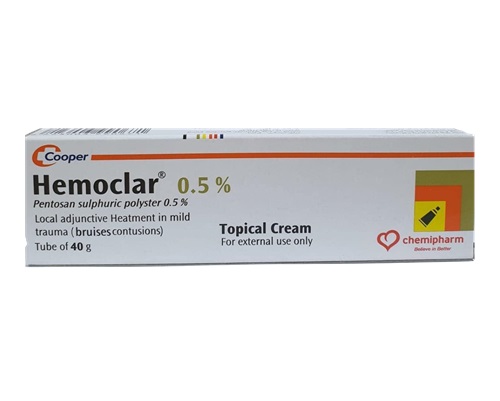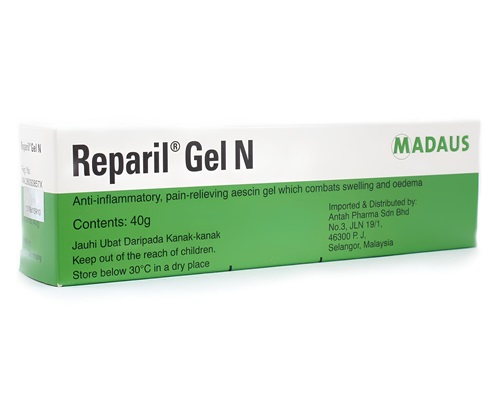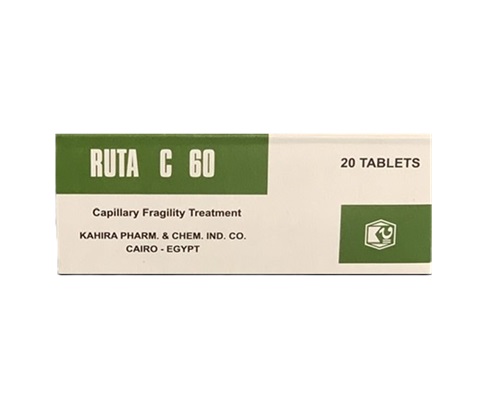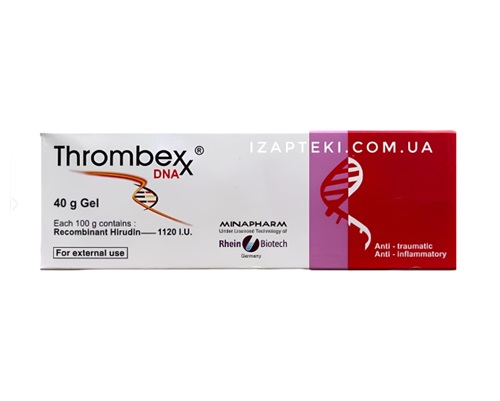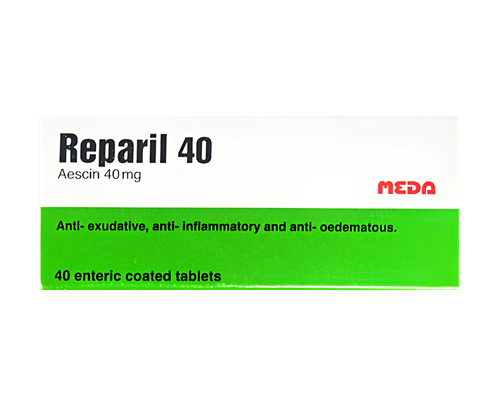Description
Trade name:
Daflon 1000
Compound:
Each tablet contains:
Micronized purified flavonoid fraction – 1000 mg, which corresponds to:
Diosmin 90% – 900 mg.
Flavonoids expressed as hesperidin 10% – 100 mg.
Auxiliary components:
Sodium starch glycolate, microcrystalline cellulose, gelatin, magnesium stearate, talc.
Properties:
Pharmacological group: venotonic and venoprotective drug.
Increases venous tone, increases resistance in small blood vessels.
Indications:
Treatment of venous circulation disorders (heaviness, pain and fatigue of the legs), venous-lymphatic insufficiency. Treatment of functional symptoms associated with acute attacks of hemorrhoids. Treatment of menorrhagia and premenstrual syndrome.
Method of administration and dosage:
For venous insufficiency – 1 tablet per day in the first half of the day or as prescribed by a doctor.
For acute hemorrhoids – 3 tablets per day for 4 days, then 2 tablets per day for the next 3 days during meals as prescribed by a doctor.
The recommended dose for chronic hemorrhoids is 1000 mg per day.
The duration of treatment is determined by the doctor and can last several months (up to 12 months).
Contraindications:
Hypersensitivity to the micronized purified flavonoid fraction or any other excipients of the drug, children under 18 years of age. Pregnancy and breastfeeding.
Precautions:
Acute haemorrhoids: If symptoms do not improve within 15 days, consult a doctor. For venous circulation problems: The most effective treatment is combined with a healthy lifestyle. Avoid prolonged sun exposure, heat, excessive standing and excess weight. Walking and, if necessary, wearing special compression garments also help stimulate circulation. If necessary, ask a doctor or pharmacist for advice before taking this medicine.
Pregnancy: It is preferable to avoid using the drug during pregnancy.
Breastfeeding: Due to the lack of data on lactating women, it is advisable to discontinue breastfeeding during treatment.
Overdose may cause symptoms of diarrhea, nausea, stomach pain, itching and rash.
Side effects:
General: diarrhea, dyspepsia (difficulty in digestion), nausea, vomiting.
Uncommon: colitis (inflammation of the colon).
Rare: dizziness, headache, discomfort, rash (sudden redness in patches), pruritus (skin reactions such as itching) and urticaria (allergic reaction in the form of small red spots).
Very rare: angioedema (swelling of the face, lips, mouth, tongue, throat, which may cause difficulty breathing).
Storage method:
Keep out of reach of children.


